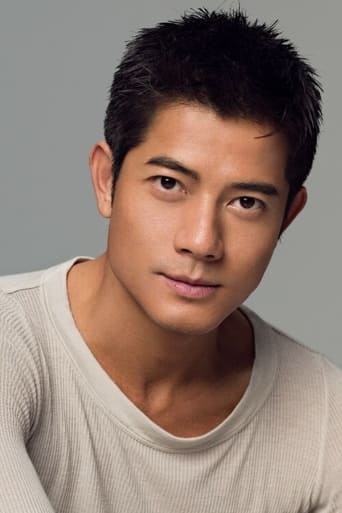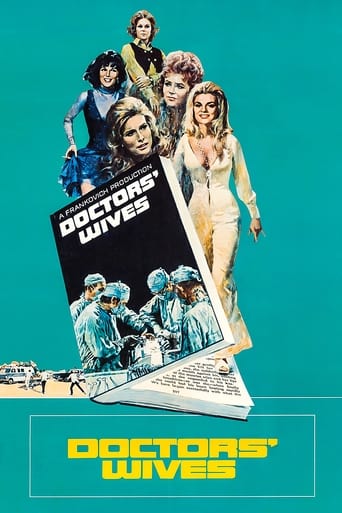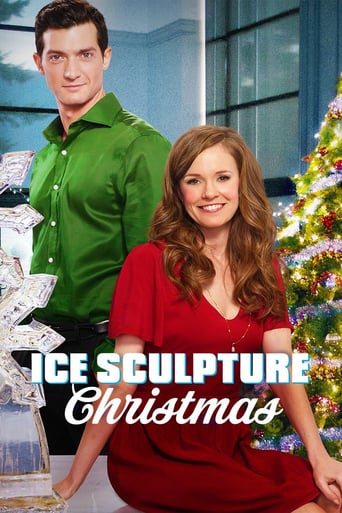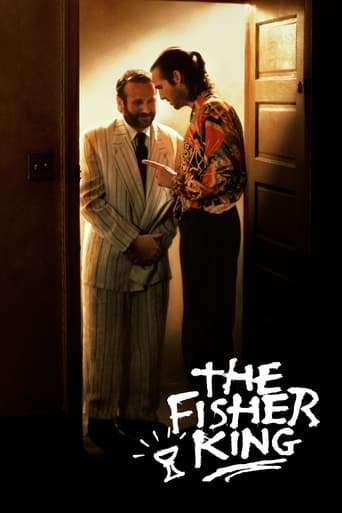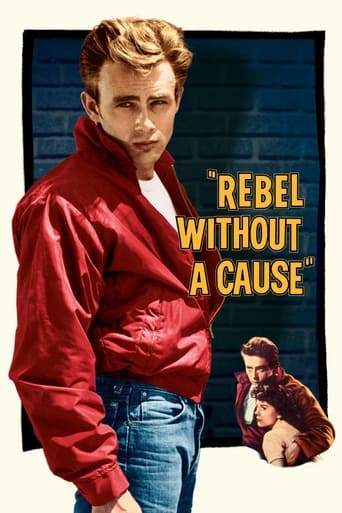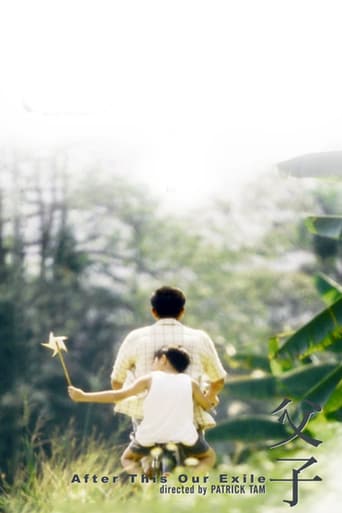
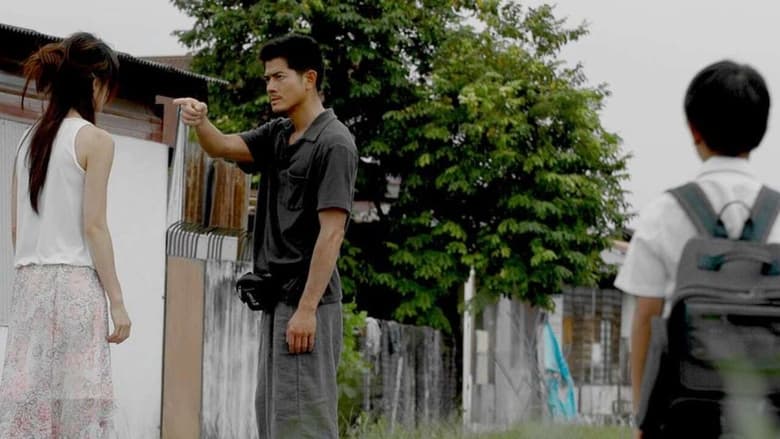
After This Our Exile (2006)
After his mother flees the family home, a son turns to thieving in order to support his father, an abusive sort who is addicted to gambling.
Watch Trailer
Cast


Similar titles
Reviews
Perfect cast and a good story
Very interesting film. Was caught on the premise when seeing the trailer but unsure as to what the outcome would be for the showing. As it turns out, it was a very good film.
It is an exhilarating, distressing, funny and profound film, with one of the more memorable film scores in years,
The tone of this movie is interesting -- the stakes are both dramatic and high, but it's balanced with a lot of fun, tongue and cheek dialogue.
I, and probably most Malaysians (and possibly South-East Asians), was pleasantly surprised to find that this was in fact a "Malaysian" movie made by a mainly HK cast and crew. The award for best screenplay was well-deserved for its authentically-researched "Malaysian" script and setting. And the fact it won awards and critical acclaim in HK movie industry showed that HK did not hold the "purist" attitudes that mainland China and other regional movie industries have.Yes, I'm talking about the mainly Cantonese dialogue. Many Malaysian ethnic-Chinese are native Cantonese speakers, but the way they incorporated various Malay and other words/ accents into their speech is just as "notorious" as the way HK Chinese incorporated various English and other words/ accents into their speech. And just like mainstream Chinese cinema audience did a double-take when they heard a mish-mash of Mandarin accents in "Crouching Tiger, Hidden Dragon", I was frequently jolted back into Malaysia by the mish-mash of Cantonese accents.But apart from the dialogue, it also gets alternative/ art cinema credit for its naturalistic style of filming-- almost the opposite of Hollywood's so-called "realism" with "balanced/ well-made" characters/ plots/ themes/ etc. Because watching a family/relationship disintegrate is very much like watching a train-wreck in super-slow motion, with most of its sleeping passengers slowly waking up. If you have been cursing the father throughout the whole movie, the final scene with the son is especially heart-breaking.
Like some others who have reviewed the movie, I am puzzled as to why this movie managed to win the awards it did -- except for the best supporting actor award going to the kid playing the "Boy" in the movie. He totally carried the movie -- he's really a major reason why I could sit through the 160 mins of the director's cut version of the movie.Don't get me wrong. The movie isn't bad, but just that it's really not that good. A few pleasant surprises, besides the fabulous performance by the kid. Despite that his character is essentially a clichéd stereotype, Kwok turned out to be a much better actor than he is a singer. Also, several scenes are funny and the director's humor showed.But the movie severely suffers from empty script and indulgent direction. The movie's character and plot developments are too light to substantiate the 3-hour duration (or, I believe, even the 2.5-hour duration of the theatre's cut). And the movie drags on and on. Sometimes it's as if the director isn't confident that the messages he intends for the audience would get through, and so he keeps re-sending them, and sometimes in an overly melodramatic way.Another thing worth mentioning is the director (Tam) seems heavily influenced by Kar-Wai Wong. It's especially evident in the setup where the father gets into an affair with his neighbor in the hotel (reminiscent of "In the Mood for Love" and "2046"). But the movie would have benefited much if Tam's direction were crisper, subtler and more assured.
First things first. This is not so much a dramatic heart-wrenching film, more a self-indulgent melodrama. I have just had the misfortune to sit through the director's DVD cut of this movie. 159 minutes of self indulgent twaddle. One thing's for sure - the distributors sure got it right when they axed nearly 30 minutes from the running time for the cinema release.Why is this so bad? 2 major factors - the writing and directing. Please put your hand up Patrick Tam. If you're going to make a film that centers on a father/son relationship, please make the father 3-dimentional and believable. Here we had a total loser from the first minute; one who railed at his own (self-inflicted) misfortune and had an on/off loving relationship with his 8 year old son.Can I quickly say that this little boy was by far the best thing in the film and acted everyone else off the screen and is the ONLY reason to watch this film.The great mystery is why this nonsense garnered so many awards? Somebody called Roger Garcia is quoted on the back of my DVD copy as saying that "After This Our Exile is the first masterpiece of Hong Kong cinema of the 21st century ..." I think he's wrong. And if he's right - then God help HK cinema.
The above title explains it all: when vengeance binds a father and a son. That was a Chinese idiom to describe the the fate that binds a father and son together. And this best describes the movie, After This Our Exile.After migrated to Malaysia, Hong Kong director/scriptwriter Patrick Tam decided to tell a tale of gambling-addicted father (Aaron Kwok, which earns him a Golden Horse Award from Taiwan for Best Actor) and a son (the 9 year old newcomer Gouw Ian Iskandar) who was torn between his father and his mother (Charlie Yeung).Set in Ipoh, Perak, the story begins with the boy sensing something is amiss when his mother was exceptionally nice to him in a morning before school. He found out that she was preparing to leave the home. He informs his father, and the couple had a quarrel in their neighborhood. She fails to run away.When the mother told the father that she is leaving him due to his bad temper and gambling addiction, he decided to change. He brought the whole family for a cruise, and yet he goes gambling in the cruise. She left the family this time round, leaving the son and the father to face the problem.Facing with harassment from the loan sharks and tonnes of unpaid bills, the father seek another alternative to get the money by go gambling in Genting Highlands. (Note: Genting Highlands is a tour/leisure resort in Pahang, Malaysia, where it consist of theme parks, shopping malls and casinos. Popular among Malaysians and Singaporeans.) He lost the money, leaving them with larger debts. To get the money, the father gets the son to steal valuables from their neighbors.After This Our Exile is a simple yet sad tale about the struggles between a father and the son. The father was struggling from the loss of his wife, constant debts and his gambling addiction. The son was struggling with the life without his mother, which ends up being ripped off from the privilege of continuing his elementary education. This, somehow, truly reflects on what is happening in our society today.Kwok takes a new exploration on the role of the father, who was short tempered, selfish, and more often, cried over spilled milk. Compared to his previous roles in other features, Kwok has given his fans and audience a new look on his skills for the past decade. Yeung's role as the mother can be added more, for there are rooms in theatrical version, which can explores more on the pains she has been through.The 9 year old Iskandar was something new for the film. Without any acting backgrounds, he amazes the audience with his fine and innocent acting skills.While the director's cut gives the audience a fuller view on the story, the theatrical version seems disappointing, for it left the audience with too much space to guess. This has somehow unable to brought up the 'vengence' that binds the father and son together, leaving a bittersweet aftertaste.After This Our Exile sounds common to some, but it left the audience to re-examine the strained relationship between a father and the son.


